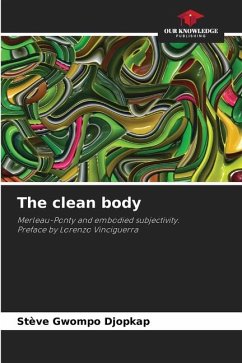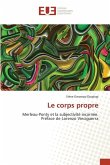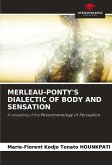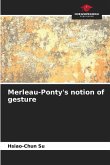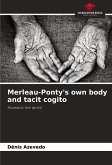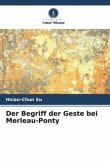At the end of his Phenomenology of Perception (1945), Merleau-Ponty rightly established that man is a being of relationships. The world in which we live does not exist in absolute terms, in the sense that it is the result of a series of operations designed to strip it of its imperfections, or that it is an informed, chaotic world to which he must give form and organization, i.e., make it uniform so that it responds to an incontestable rationality. This also means that man does not exist in the purity of a being. As a living corporeality, he accesses a world in permanent realization, already there, full of life, which for him is neither an obstacle nor a mere juxtaposition of ideas. We discover this through our history, culture and social status, and even more so in our emotional life. Man is always in touch with the outside world. And everything suggests that he is meaningless if we try to define him by himself, to perceive him rather and solely from the inside. To do so would beto run the risk of failing to see or understand the means by which he emerges from himself into the world, if not by arbitrary decree.
Bitte wählen Sie Ihr Anliegen aus.
Rechnungen
Retourenschein anfordern
Bestellstatus
Storno

